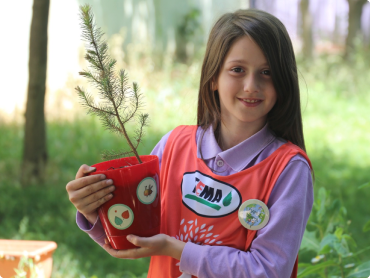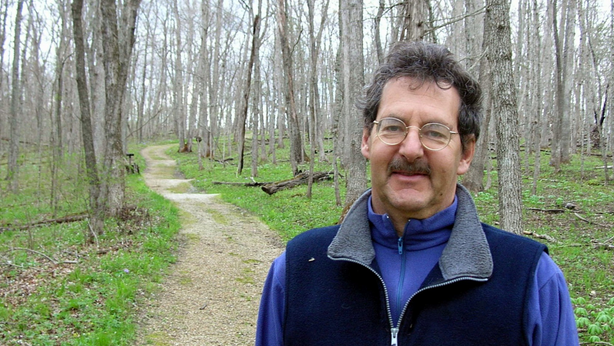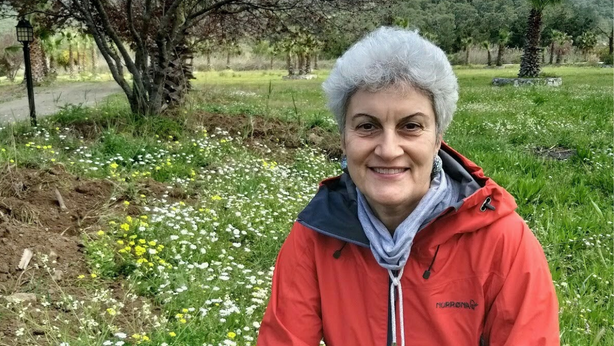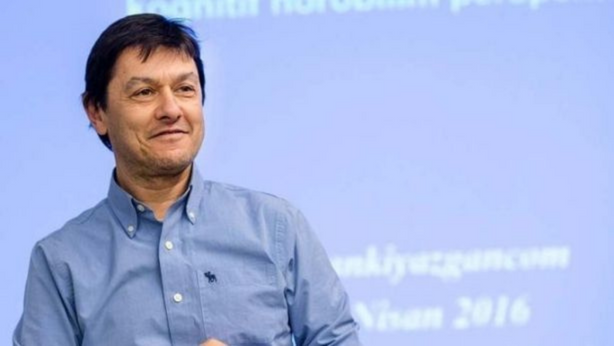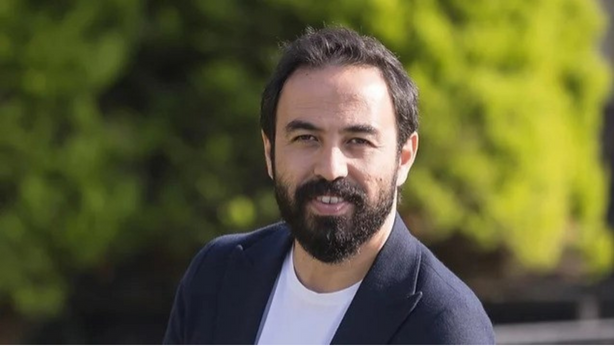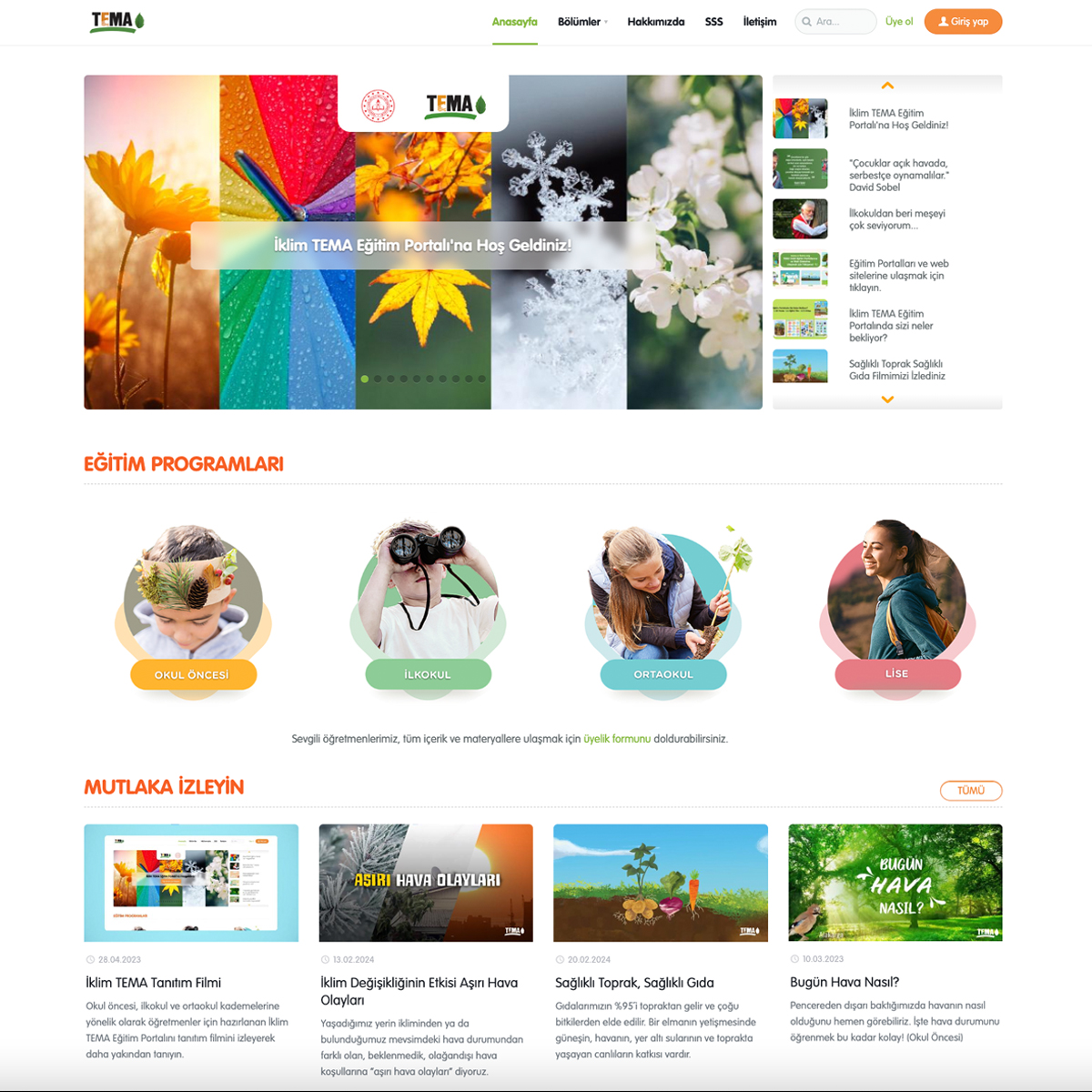In the Climate TEMA Education Portal, which was implemented by TEMA Foundation in collaboration with Ministry of National Education (MoNE), opinions of various valuable experts including David Sobel and Richard Louv, world-renowned in nature education, and Prof. Gelengül Haktanır, Prof. Yankı Yazgan and Dr. Özgür Bolat of Türkiye are shared. The articles published on the portal contain important information about nature education with children. The portal is accessible to public.
TEMA Foundation opened the Climate TEMA Education Portal (iklimtema.org) for the use of all teachers in May 2022 so that children can learn the causes, consequences and effects of climate change and develop awareness about how changes in climate affect other systems.
Going beyond the objective of raising awareness of climate change among children, the portal aims to raise awareness about different ecological crises such as drought, loss of biodiversity, and pollution caused by waste. The opinions of experts from around the world and from Türkiye on climate change and nature education are presented on the portal. These views are intended to guide teachers on issues such as "children's relationship with nature, nature education, climate change and sustainability."
Experts provide guidance with their articles and opinions
David Sobel, academician, nature educator and author of the book "Beyond Ecophobia", Richard Louv, author of the book "Last Child in the Woods", Prof. Gelengül Haktanır, TEMA Foundation Scientific Board Member, Prof. Yankı Yazgan, child/youth and adult psychiatrist, Dr. Özgür Bolat, TEMA Foundation Board Member, Assoc. Dr. Deniz Kahriman Pamuk, academician, Dr. Ülkem Yararbaş and Emre Göktepe from Eğitimde Sistem Düşüncesi Derneği (Systems Thinking in Education Association) are among the experts whose opinions on nature education are presented on the portal.
“We should let children play freely outdoors”
David Sobel, one of the names whose interview was published on the Climate TEMA Education Portal, states that an effective nature education can be achieved not by talking about an environmental problem that is miles away, but by establishing strong bonds with the environment in which children live.
Arguing that without a love of nature, children will not be eager to take action to protect the world, Sobel states, “We should allow children to play freely outdoors in natural environments every day. We should give children opportunities for taking care of animals and gardening. We should give priority to running, walking, swimming and cycling in nature.”
Sobel also expresses that he approaches the issue of explaining climate change to children "from a perspective that increases hope" and adds, "If we highlight all the tragic effects of climate change, we run the risk of dragging children into despair."
“For children, nature is a laboratory in itself”
In her interview published on the portal, Prof. Gelengül Haktanır emphasises that nature is a laboratory in itself for children and says, "It is crucial to use this rich laboratory in all training activities to raise awareness and increase knowledge.” Stating that “People protect what they love, so making children love animals and plants should be one of the main goals of environmental education." Haktanır adds, "Environmental education should not be limited to a specific activity time but should be incorporated into each activity. For this reason, every teacher must be sensitive to environmental problems, that is, must be an individual with environmental awareness,” in order to explain the importance of teachers in nature education.
“Nature experience might act as a buffer against child obesity”
Drawing attention to the importance of the time children spend in nature in terms of academic success as well as psychological and physical benefits, Richard Louv states, “Spending time in nature has benefits in helping the child learn self-confidence, reducing the symptoms of attention deficit and hyperactivity disorder, and calming and focusing. It is believed that schools with natural playgrounds and natural learning areas help children perform better academically." Stating that there are some indications that natural playgrounds can reduce bullying, Louv says, “Nature experience can also act as a buffer against child obesity and overweight problems. Time spent in nature is obviously not a cure, but it can be a huge help, especially for children and adults who are stressed by circumstances beyond their control."
“We should come to terms with the fact that we are raising a generation born into the digital world”
Stating that the time children spent playing outdoors is decreasing all over the world and imbalances in their playing habits are increasing, Prof. Yankı Yazgan explains the responsibility of parents, “We should come to terms with the fact that we are raising a generation born into the digital world. It is against the flow of life to oppose children growing up with digital technology. What needs to be considered here is not to use technology and screens as babysitters or in a way that hinders the relationship and the authentic experience. As the relationship with the screen increases and the screen becomes both a place to play and a playmate, game imbalance occurs. He adds, "The responsibility of parents is to guide their children so that they can establish a time balance between games played indoors and outdoors and games played on and off the screen."
“The aim is not to be fully in nature, but to be part of nature”
In his interview published on the Climate TEMA Education Portal, Dr. Özgür Bolat dwells on the role of teachers in nature education and states, "Teachers should not only ensure that children are in nature, but also teach them to respect every living thing, to feed living creatures, to bring saplings to nature, to eat naturally at home, to use natural materials, to recycle." He adds, “Children should be taught to care about food, to stay away from artificial materials, and to grow and prepare their own food.", adding “In fact, the aim is not to be fully in nature, but to be a part of nature.”
The articles and interviews of experts about nature education are accessible from the "Expert Opinions" section on bilgitema.org.
We are raising hope! TEMA Foundation
